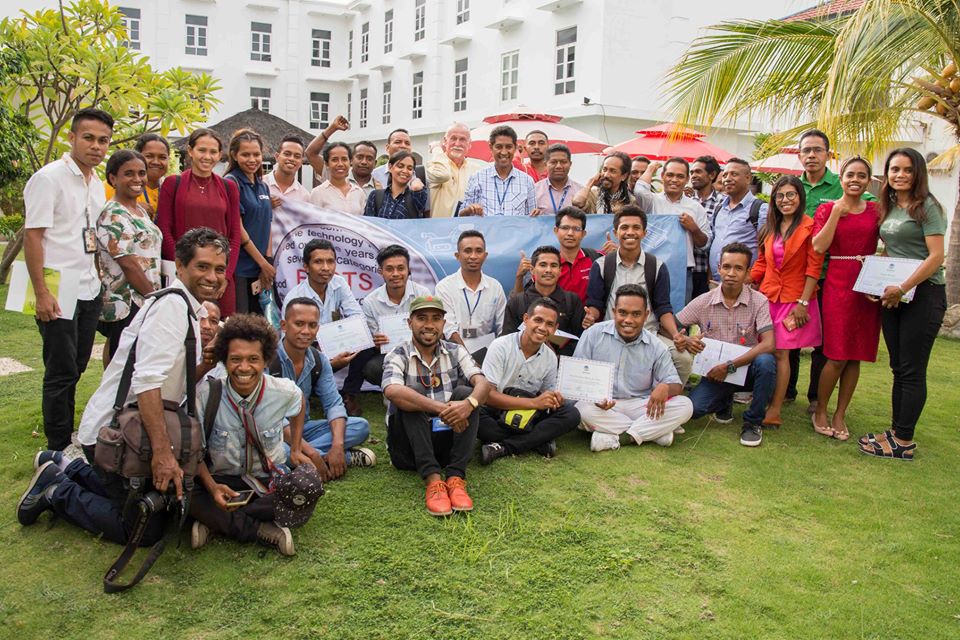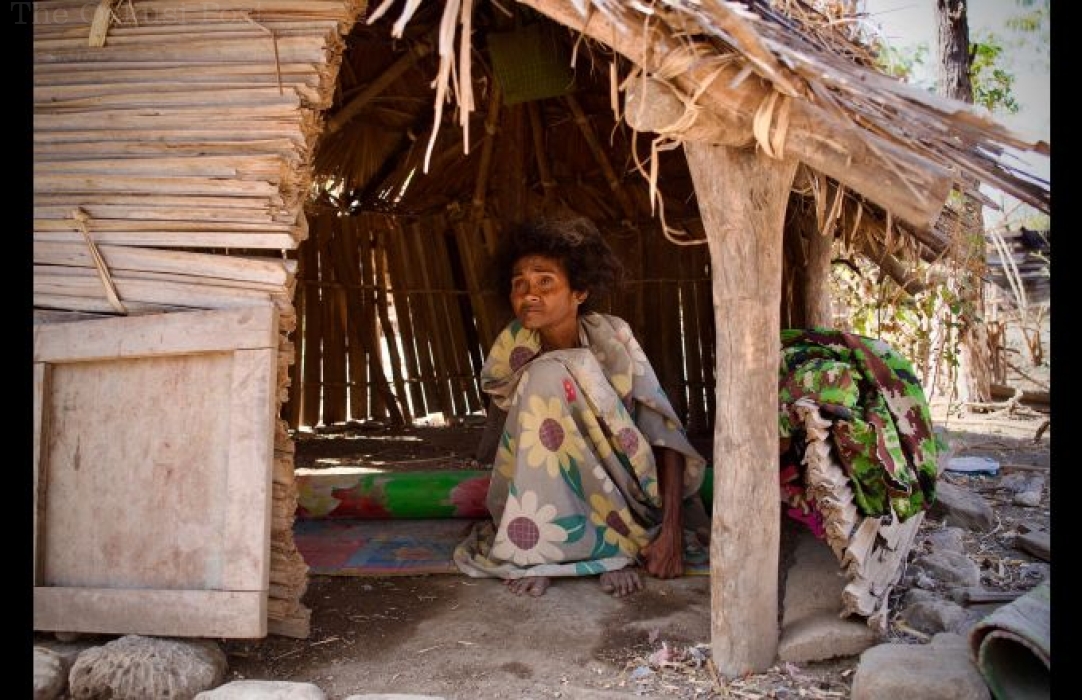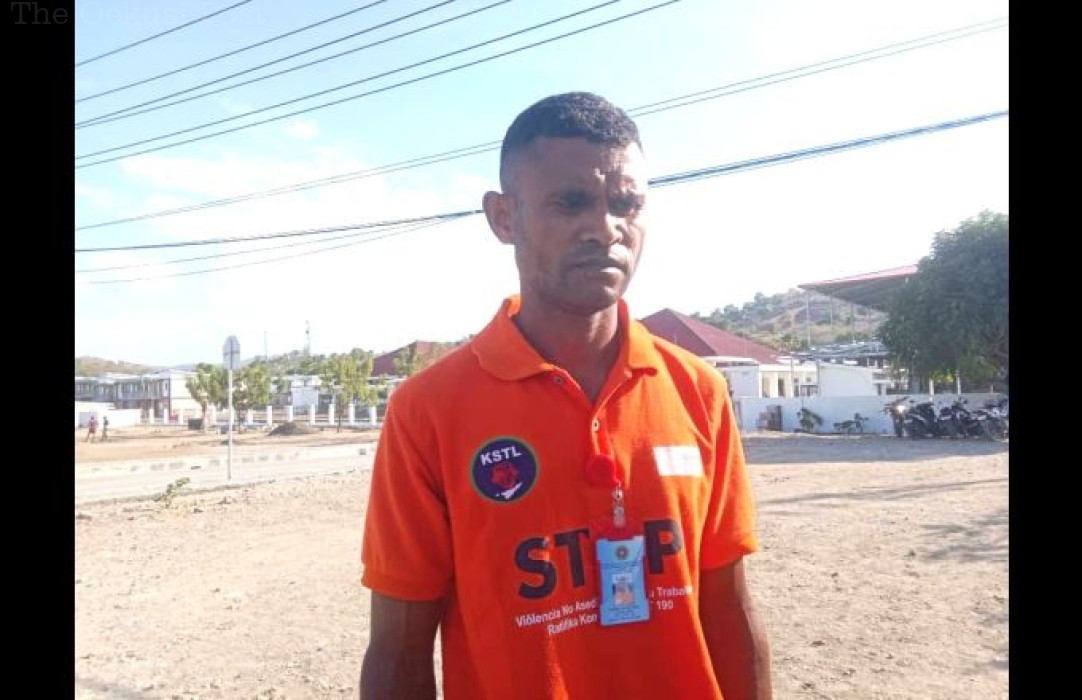Oekusipost.com, Dili - Spreading false news has changed the way social media is used in interacting and reporting.
A study from Science Advance in January 2018 found that there was a high likelihood that adults would spread fake news. Gallup and Knight Foundation research in 2018 showed that most Americans want technology companies to struggle against false information.
Other studies have found that false news makes students distrustful of all news.
With the rise of political influence on the media and the concept of using social media, it is more difficult to distinguish between fact and fiction. In times of crisis, emergency situations, elections and other social conflicts, journalists are often at the forefront of delivering news responsibly and precisely.
When the phenomena of fake news is increasing, the most important thing for the media crew is to have enough tools to deal with dangerous situations. Investigative journalists go hand in hand with the fact-checker, at a time when facts have become an important key to the public interest often being closed and unknown to access. Verifying the facts is very important for journalists in a healthy democracy when writing news.
With this, there is no fact-checker for Timor Leste, moreover the number of journalists is not too large, there is only one site www.verifikafaktus.net formed by reporter and fact-checker Raimundos Oki with ICT specialist Armindo de Jesus on early 2020, and has published fake news that is shared by irresponsible people through social media platforms.
In connection with the importance of fact-checking for journalists, the Timor-Leste press council in collaboration with the UNDP Timor-Leste Electoral Project and KOICA successfully held a two-day training on 4 - 5 March 2020 at the Ramelau Hotel which was attended by 50 journalists and editor of Timor Leste. The training brought in veteran Australian journalist Robert Clive Howart who talked about using Facebook in the field of journalism and how to secure yourself on Facebook. And Raimundos Oki with Armindo de Jesus introduing tools for online fact-checking and verification.
Timor-Leste's press council member, Francisco Simões Belo, admitted that UNDP always tried with the press council to equip journalists in the specific areas needed. Partners with UNDP have been carried out since 2016 to date in equipping journalists in various aspects of journalism.
"Today's activity is a good and urgent opportunity because it coincides with a global situation where many people are concerned about false news and hoax news, Quito said.
"Journalists are one of the main actors to deliver true news to the public and the world. Therefore, it is necessary to have the skills to verify accurate facts, especially fake news," explained the former STL journalist.
Quito, who is currently the TATOLI Editor, identified that, so far, most journalists and editors consume and spread fake news through social media platforms. Thus he hopes journalists will verify the various news before sharing it with the public.
Meanwhile, Deputy Country Director of UNDP, Lazima Ontha was pleased with the reporters' participation in the training.
"Very pleased with the Timor Leste constitution which gives freedom of the press. Until now there has not been one Timor Leste journalist who was dragged to prison for wrongly carrying out the journalist profession, she explained.
UNDP itself has started assisting media institutions in Timor Leste since 2006 such as the Press Council, Community Radio, SECOMS, East Timor Journalists' Association (AJTL), Timor-Leste Press Union (TLPU) and the Southeast Asian Press Alliance (SEAPA). (Oki)











